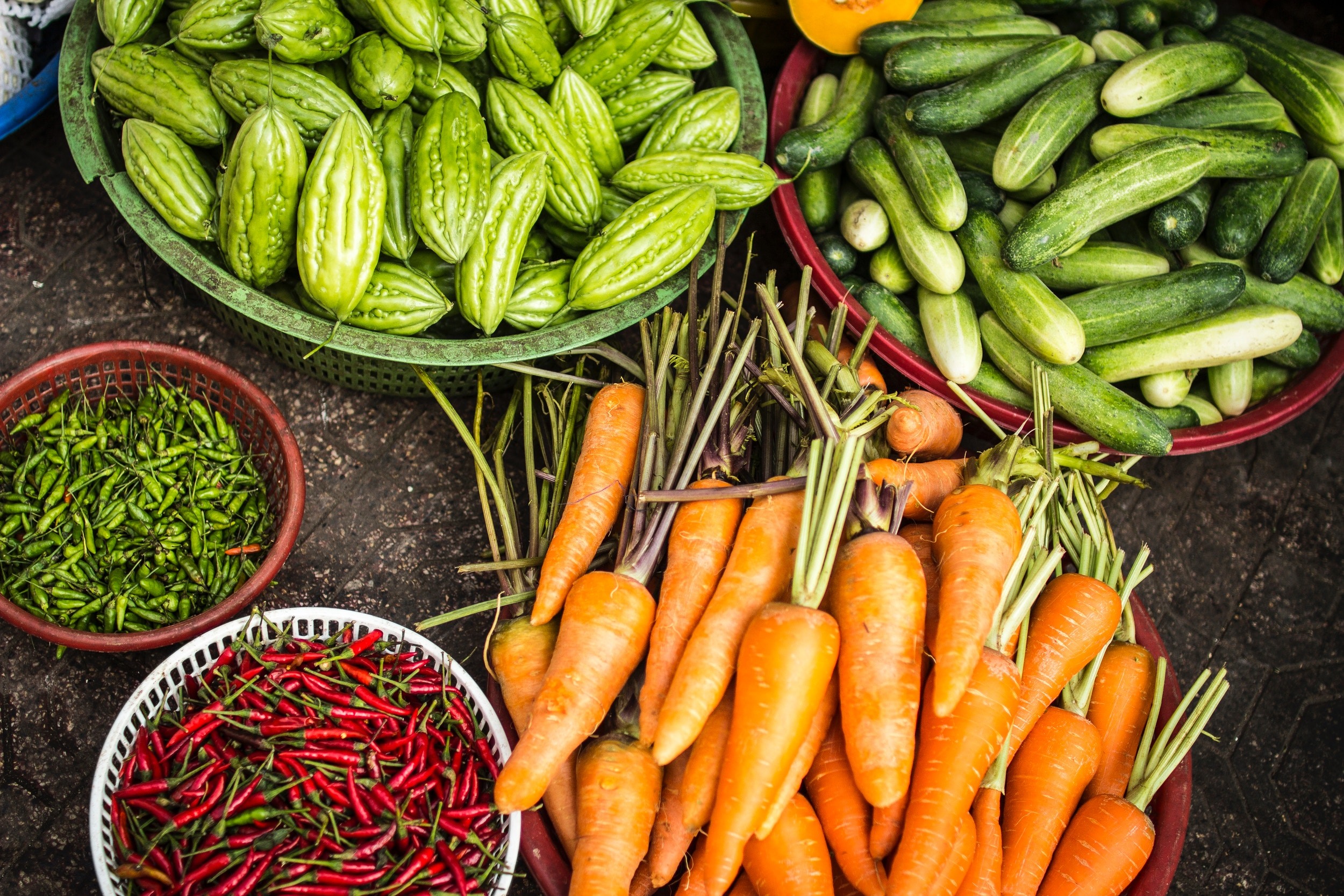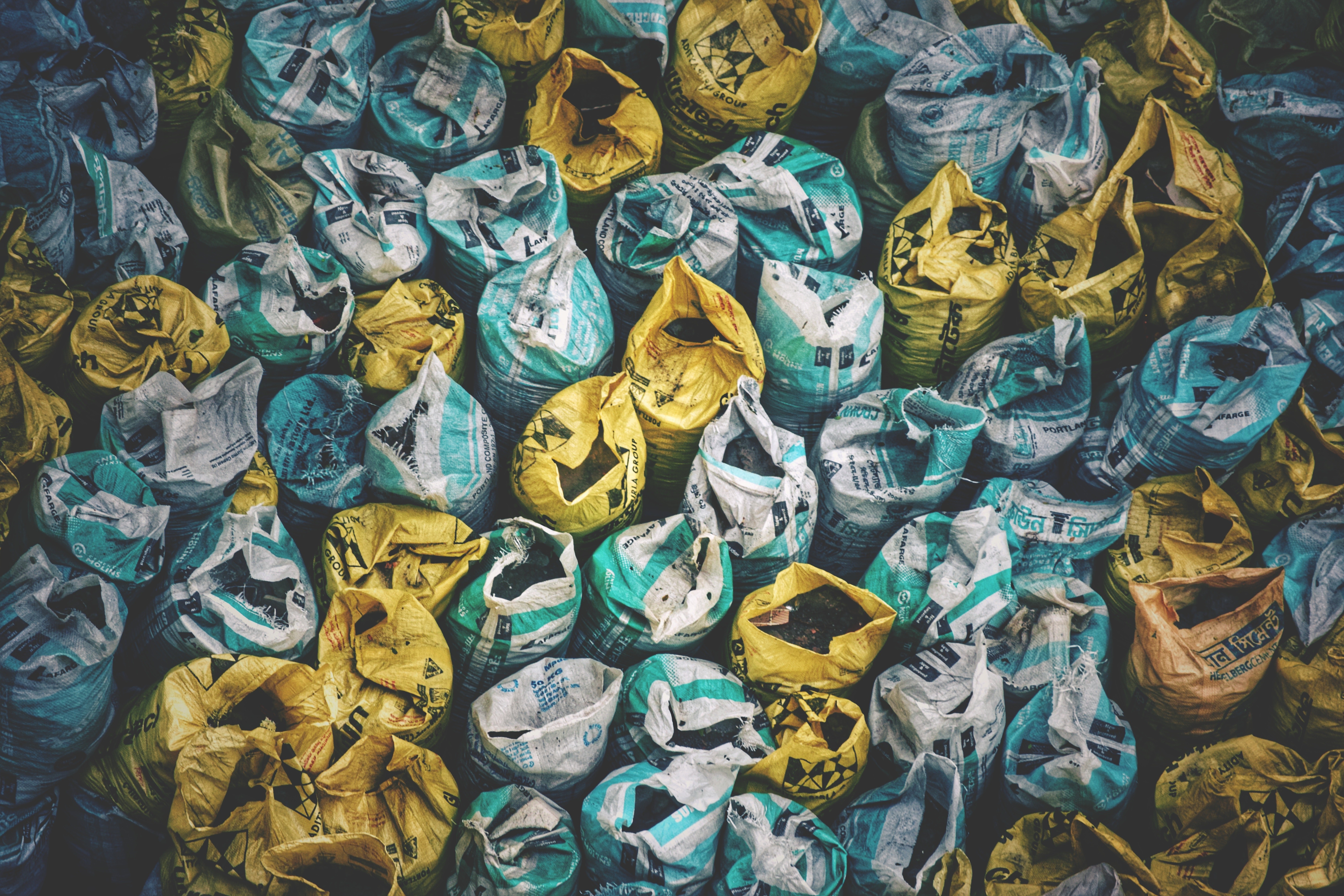In part two of our sustainability series, we look at how food businesses can support the environment in light of the 2019 global EAT Lancet report.
Food is an essential part of everyday life. We cook, we eat, we share. But the often ignored pieces of the puzzle are where our food comes from and how it’s produced and transported. Awareness is building around the carbon footprint of food production. Eating and providing food more sustainably is fast becoming the topic du jour. In the first of this three part series we explored the recent EAT Lancet report on global sustainability. But how can food businesses get involved? In part two of our sustainability series we look at different ways food businesses can support the environment.
“If we are to transform our food systems so that the maximum amount of people can eat nutritious food produced in the right ways, we need to work together, share ideas, pool resources and connect as part of a global food movement. Every voice counts” – Patrick Holden, CEO of the Sustainable Food Trust
Now might be the time for businesses to cash in by establishing an environmental ethos. A 2018 report from Nielson found that products with sustainability claims generally outperformed the growth rates of their comparable products in each category. There’s increasing focus on companies to have a strong ‘why’. It’s not enough to just have a good product anymore. Times are changing.
“[In] the last century [the thinking was], if you wanna grow, you should find a good opportunity. But today, if you want to be a great company, think about what social problem you could solve.” – Jack Ma, Founder of Alibaba

Low environmental impact foods
About 10% of London’s consumption-based greenhouse gas emissions are due to the type of food that’s eaten and the way it’s farmed. With a growing global population of 9 billion people there’s increasing pressure to find innovative environmentally friendly solutions. Foods that pack a nutritious punch and have a low impact on the planet are being explored as the new foods of the future like insects, algae and plant-based ‘meat’. And it’s not just the environment that we need to think about.
In the UK, we can’t ignore the potential for our complex food systems to suffer a barrage of post-Brexit shocks after necessary changes to our international trade arrangements. The latest London Food Strategy report emphasises the importance of supporting businesses to buy local, nutritious and sustainable foods as a key strategy in cushioning these shockwaves in the Brexit aftermath.

Reduce waste
“Something recovered is something gained” - Massimo Bottura, Founder of Refettorio Felix and Food for Soul
One third of the food we produce is wasted every year. Not only is this food waste a loss in potential nutrition but it also hijacks invaluable resources used in food production, distribution and storage. The problem though with reducing waste is that it can seem difficult to tackle – there’s complexities around cultural disgust, functionality, and potential for usage. But waste also provides one of the greatest opportunities. Those resources that would have previously been relegated to the bin have the ability to reduce our environmental impact through creative reuse. Or perhaps new innovative and creative sustainability strategies may mean they never end up in the bin at all. Reinventing the processes from soil to food product can prevent food waste and provide a cascade of benefits, both economical and environmental. Reaching out to authorities within food waste such as London Waste and Recycling Board (LWARB) and Resource London can support businesses to take their first step in tackling wastage.
Across London, a number of businesses and organisations are paving the way in the fight against food waste in their own diverse ways. Chef Massimo Bottura’s community kitchen Refettorio Felix uses surplus food to feed the homeless, vulnerable and socially isolated. Last year they served over 16,000 zero waste meals and saved 18,000kg of surplus food from the bin. Bio-bean UK recycle waste from used coffee grounds into biofuels. Foodchain work to make a more sustainable, efficient and transparent supply chain by building a community network between chefs and suppliers. City Harvest, who you’ll see at New Covent Garden Market once a week, help put surplus food to good use by distributing it to organisations that feed the hungry.
The opportunities to reduce waste are countless at each and every point of the food production process. All that may be needed is a push to embrace emerging technologies, produce streamlined and sustainable packaging, or to reinvent food products that sit within a circular economy.
The food system as we know it is so complex that the challenge to be more sustainable can appear enormous. Old processes need to be cracked open, and re-fused with new perspectives so that we can unlock solutions. It’s a provocative call to action. Now is the time. As stated in the Nielsen report; "No matter what, sustainability is no longer a niche play: your bottom-line and brand growth depend on it."







